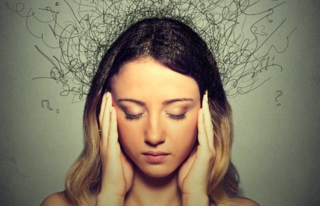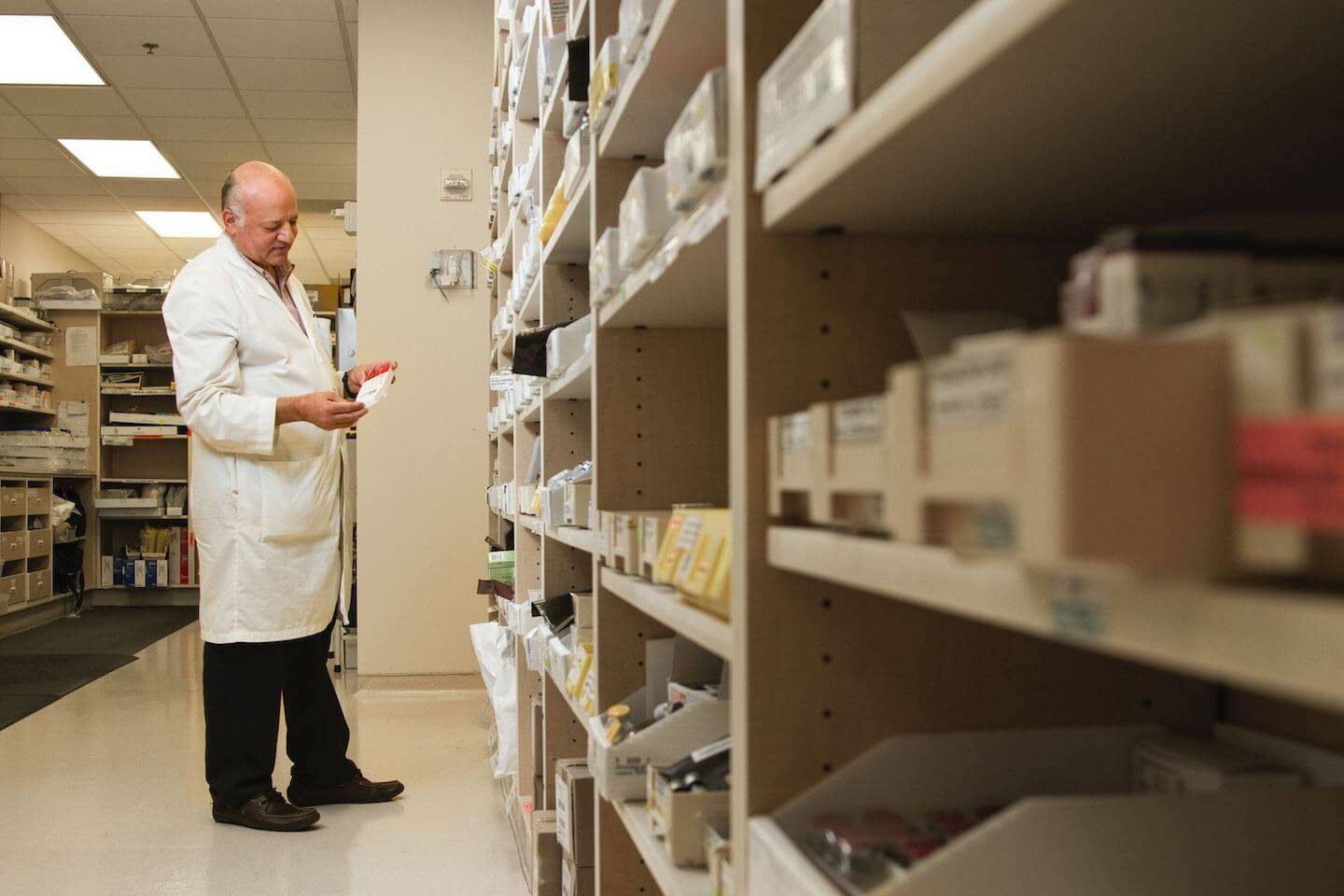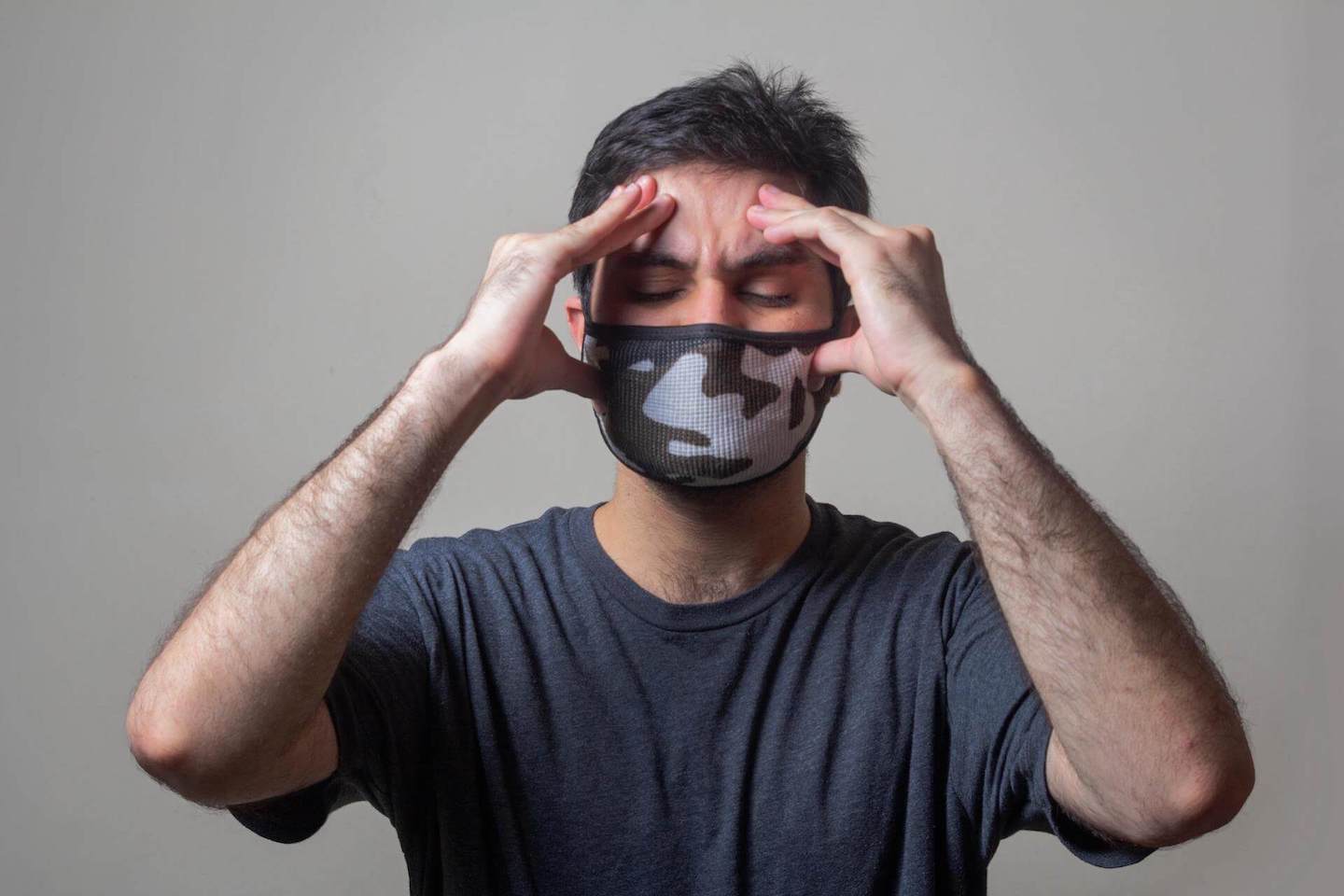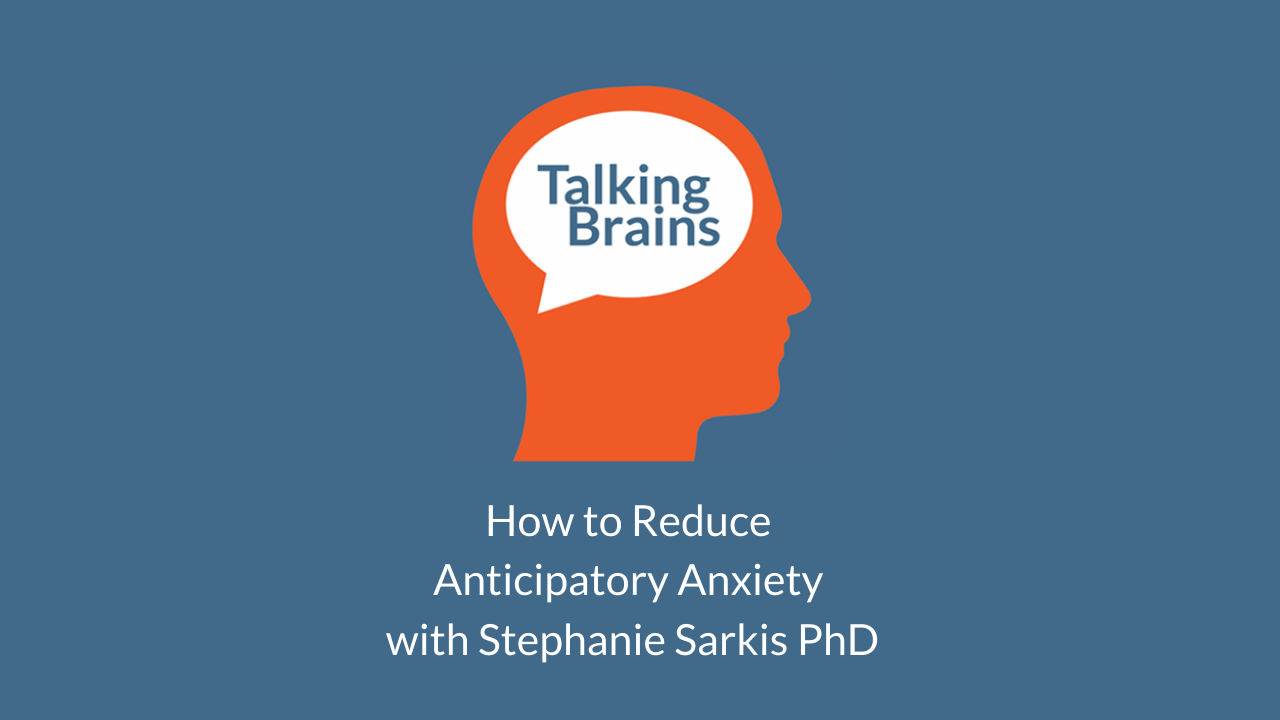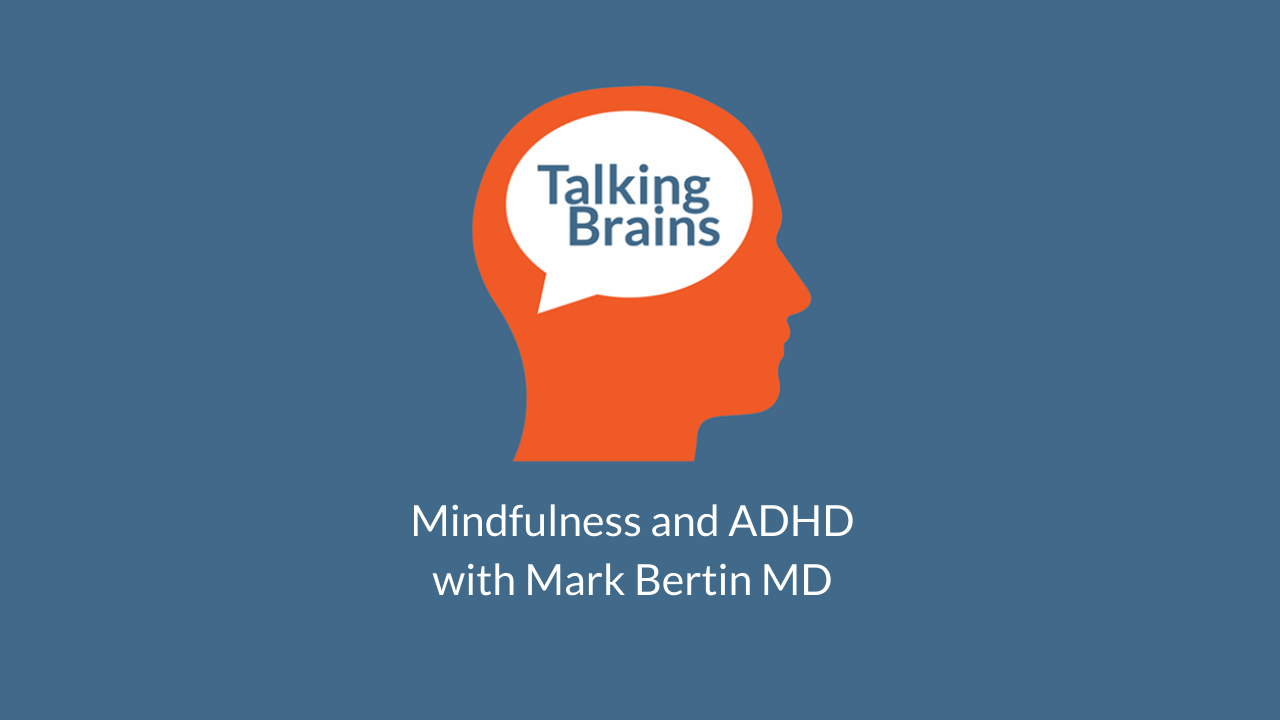The Overlap of ADHD and GAD
Generalized anxiety disorder (GAD) and attention deficit hyperactivity disorder (ADHD) can share similar symptoms and treatments. You are also more likely to have anxiety if you have ADHD.
What is GAD?
Symptoms of GAD include persistent and uncontrollable worrying, feeling on edge, and experiencing irritability and insomnia. People with GAD may feel anxiety more frequently about finances, health, relationships, and work. The diagnosis of GAD occurs when someone worries uncontrollably for most days of at least six months and has a minimum of three symptoms as given in the Diagnostic and Statistical Manual of Mental Disorders, 5th Edition (DSM-5) (American Psychiatric Association, 2013). GAD is more than just worrying – it is a serious disorder. People with anxiety/depression die 7.9 years earlier than other people, with chronic disease and health behaviors being leading causes (Pratt, et al. 2017). People with anxiety/depression who visited a mental health clinician in the past year did not have excess mortality (Pratt, et al. 2017).
What is ADHD?
ADHD is a highly heritable disorder that affects 7.2% of the world’s population (Thomas, et al., 2015). Symptoms have usually been present before the age of 12 (American Psychiatric Association, 2013). Although most children have difficulty focusing from time to time, those with ADHD have persistent difficulties that continue onto adulthood and interfere with everyday life. There are three types of ADHD: inattentive, hyperactive/impulsive, and combined (where you meet criteria for both the inattentive and hyperactive/impulsive type). Symptoms of the inattentive type include difficulty paying attention to detail, difficulties with organization, frequent losing of items, and lack of focus. Symptoms of the hyperactive/impulsive type include difficulty staying seated when it is expected, a sense of “inner restlessness”, interrupting others, and difficulty waiting turns.
ADHD and GAD Can Overlap
Noticeable symptoms for both ADHD and GAD can be seen in childhood. And while both disorders are highly heritable, both are heavily influenced by the status of relationships, work or school performance, and other stressful environments (Sarkis, 2015).
Having ADHD may lead to what is called “secondary anxiety”. When you have to work five times as hard as everyone else and you only get half the amount of work done, it can cause anxiety. Making social errors due to impulsivity can also lead to anxiety. You may also have “primary anxiety” – this is when you inherited the genes for anxiety at the same time you inherited the genes for ADHD. There is a 30% chance of having GAD at the same time you have ADHD (Tsang, et al. 2012). In addition, an increase in severity of ADHD symptoms is linked to more severe symptoms of GAD (Tsang, et al. 2012).
Treatments
When you have ADHD and anxiety, it is common to feel overwhelmed with all of the possible treatment options. The most effective treatments for ADHD and anxiety include:
- Medication (ADHD: Stimulants and non-stimulants; GAD: Antidepressants and anxiolytics)
- Cognitive-Behavioral Therapy
- Exercise
- Mindfulness Meditation
- Omega 3-6-9
In the case of mindfulness meditation, you are focusing on your breathing and staying in the here and now. The idea is that the more you are focused on the past, the more susceptible you are to depression; the more you focus on the future, the more you experience anxiety. Staying in the here and now can result in you feeling more in control of your anxiety.
In regards to Omega 3-6-9, always consult your prescriber before taking any supplement. In addition, as of a 1994 federal act, supplements no longer need FDA approval before they go on the shelf. Do your research and consult your doctor.
Both ADHD and GAD symptoms cause people to experience difficulty carrying out simple activities or social interactions. When people find ways to cope with their ADHD symptoms and control their anxiety they feel more relaxed and able to do what they love. Proper treatment shaped to your individual needs can give you relief from your symptoms so you are able to focus more on what matters and make the most of your life, living to your potential.
Originally posted on Psychology Today at: The Overlap of ADHD and GAD
Copyright 2017 Sarkis Media. All Rights Reserved.

